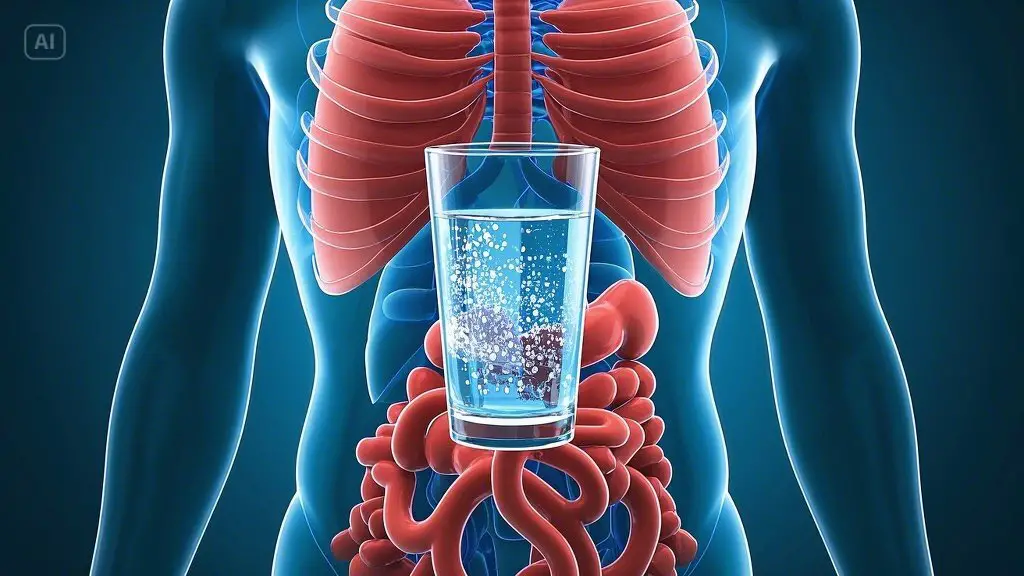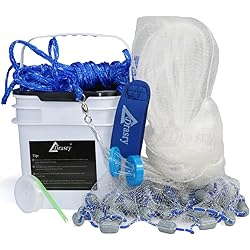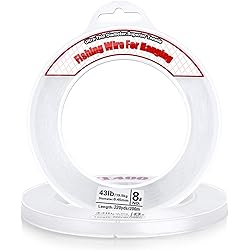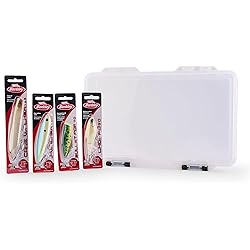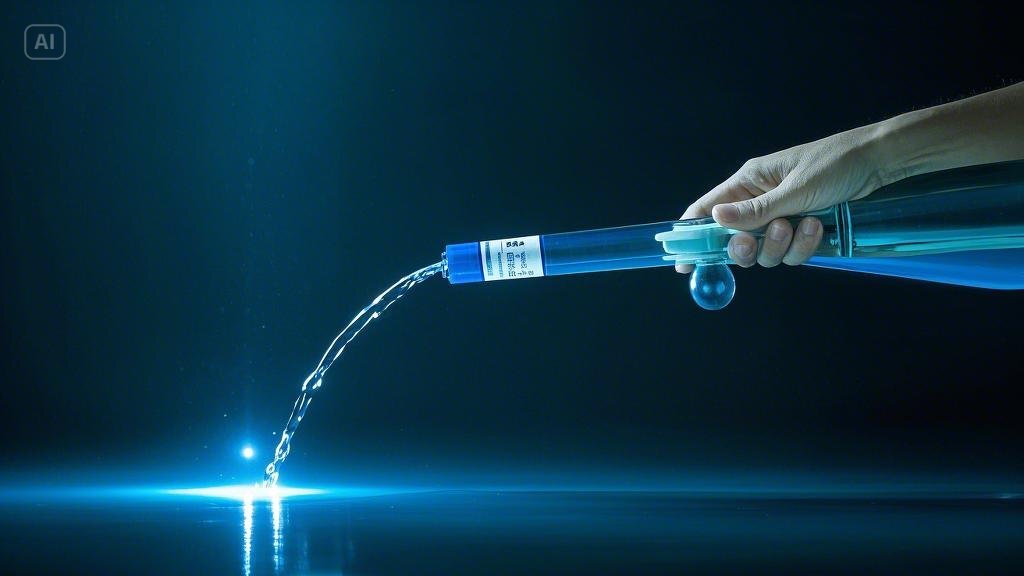How Drinking Water Contributes to Your Health, Water is essential for life, making up about 60% of the human body. It is involved in nearly every biological function, from regulating temperature to transporting nutrients and oxygen throughout the body.
Without adequate water intake, the body struggles to perform these essential processes, leading to dehydration, fatigue, and an increased risk of various health complications. Proper hydration helps maintain the balance of bodily fluids, supports organ function, and enhances overall well-being.
Despite its significance, many people do not consume enough water daily, either due to a lack of awareness or unhealthy beverage choices. This can result in issues such as dry skin, poor digestion, kidney problems, and cognitive decline.
Understanding the crucial role of water in our bodies is the first step toward better health. This comprehensive guide explores the numerous benefits of drinking water and how it contributes to your overall health.
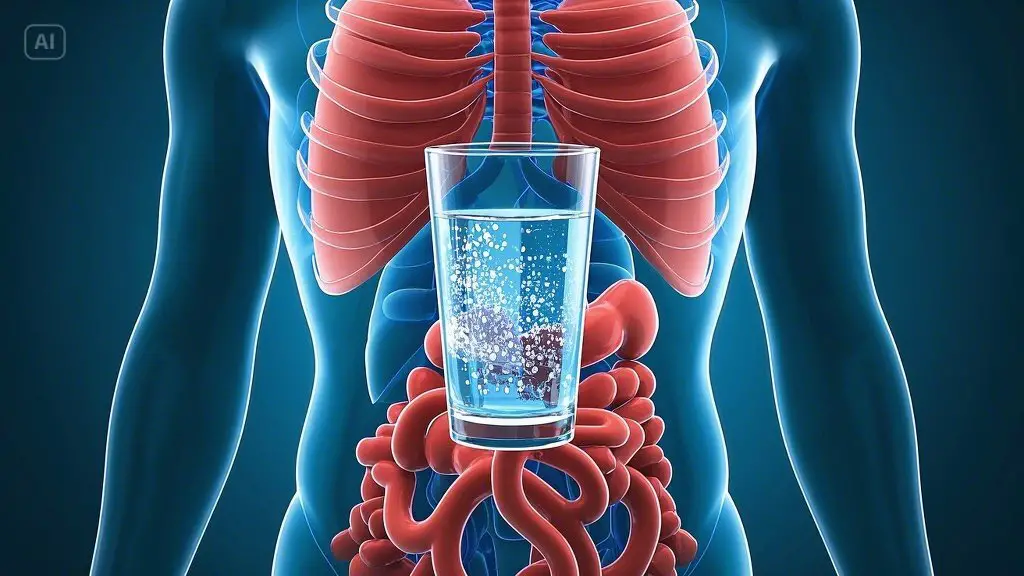
1. Hydration and Its Importance
What Is Hydration?
Hydration refers to the process of absorbing water to maintain bodily functions. Every cell, tissue, and organ in the body requires water to operate effectively.
Signs of Dehydration
- Dry mouth and lips
- Dark-colored urine
- Fatigue and dizziness
- Headaches
- Reduced urine output
Drinking enough water daily helps prevent dehydration and supports optimal body performance.
2. Water’s Role in Physical Health
Boosts Metabolism and Aids Digestion
Water plays a fundamental role in digestion. It helps break down food, absorb nutrients, and move waste through the intestines. Drinking enough water can:
- Prevent constipation
- Improve nutrient absorption
- Support enzyme function in the digestive tract
Enhances Kidney Function
The kidneys filter waste from the blood and expel it through urine. Water ensures these organs function properly by:
- Preventing kidney stones
- Flushing out toxins
- Reducing the risk of urinary tract infections (UTIs)
Supports Cardiovascular Health
Adequate water intake helps maintain healthy blood volume and circulation, preventing issues such as high blood pressure and heart disease.

3. Cognitive Benefits of Drinking Water
Enhances Brain Function
The brain is about 75% water, making hydration critical for cognitive function. Drinking enough water can:
- Improve concentration and focus
- Reduce the risk of headaches and migraines
- Enhance mood and reduce anxiety
How Drinking Water Contributes to Your Health
Prevents Mental Fatigue
Dehydration can lead to sluggishness and impaired thinking. Staying hydrated helps maintain energy levels and mental clarity throughout the day.
4. Water and Skin Health
Promotes Clear and Radiant Skin
Drinking enough water can:
- Keep the skin hydrated and reduce dryness
- Improve elasticity and reduce wrinkles
- Flush out toxins that cause acne and other skin conditions
Slows Down Aging
Well-hydrated skin appears younger and more vibrant, as water aids in collagen production and elasticity maintenance.
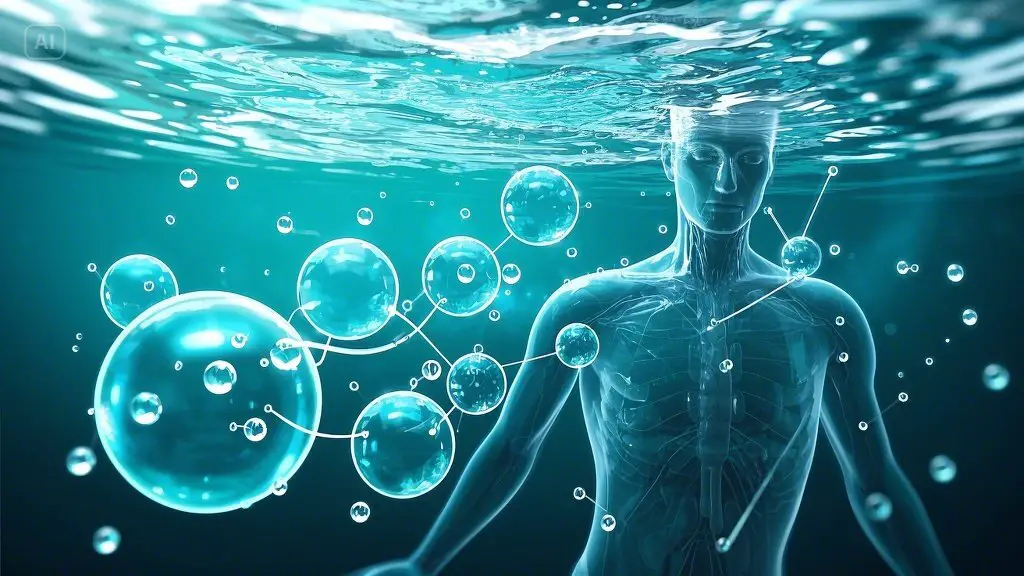
5. Water’s Role in Weight Management
Aids in Appetite Control
Drinking water before meals can help with portion control and reduce calorie intake. Sometimes, thirst is mistaken for hunger, leading to unnecessary snacking.
Boosts Fat Burning
Studies show that drinking water increases metabolism, helping the body burn fat more efficiently.
Supports Physical Performance
Proper hydration improves endurance, reduces muscle cramps, and enhances overall workout performance.
6. Strengthening the Immune System
Water helps transport oxygen and nutrients throughout the body, ensuring the immune system functions optimally. It also supports the production of lymph, which is essential for fighting infections.
Detoxification Benefits
Drinking enough water helps flush out harmful toxins through sweat, urine, and bowel movements, reducing the risk of illnesses.
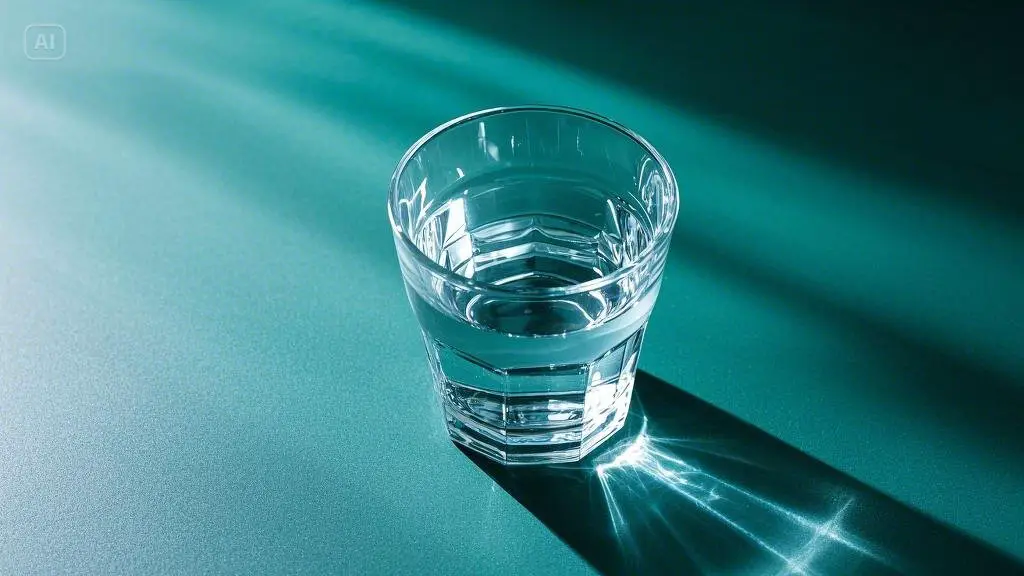
7. How Much Water Should You Drink?
Recommended Daily Intake
The amount of water needed varies based on factors such as age, activity level, and climate. General guidelines suggest:
- Men: About 3.7 liters (125 ounces) per day
- Women: About 2.7 liters (91 ounces) per day
- Children and teenagers: 6–8 glasses per day
Best Times to Drink Water
- After waking up to kickstart metabolism
- Before meals to aid digestion
- Before, during, and after exercise
- Before bedtime to stay hydrated overnight
8. Tips to Increase Water Intake
Carry a Reusable Water Bottle
Keeping a bottle nearby serves as a reminder to drink throughout the day.
Infuse Water with Fruits
Adding lemon, cucumber, or berries can make water more appealing.
Set Hydration Reminders
Using phone alarms or hydration apps can help maintain consistent water intake.

Conclusion
Water is a fundamental yet powerful element in maintaining good health. It plays a crucial role in various bodily functions, including digestion, metabolism, and nutrient absorption. Proper hydration supports brain function, keeping you alert and focused, while also promoting healthy skin by flushing out toxins.
Drinking enough water aids in regulating body temperature, lubricating joints, and preventing dehydration-related issues like headaches and fatigue. Additionally, water helps with weight management by promoting satiety and boosting metabolism.
By making hydration a daily priority, you can enhance your overall well-being, improve energy levels, and support long-term health. Start drinking more water today!
Hooked on Tech: Exploring the latest Fishing Gadgets that Anglers swear by.
In the realm of angling, where tradition and technology often converge, a new wave of fishing gadgets has emerged, transforming the way anglers approach their craft.
From advanced fish finders to smart bait systems, these innovations have not only revolutionized the fishing experience but have also garnered a loyal following among anglers worldwide.
601-Piece Fishing Gear Accessories Kit, [2025 NEW] Tackle Box with Pliers, Fish Lip Grips,Tackle Storage Trays, Hooks, Weights, Jig Heads, Swivels, 21 Pre-Made Rigs – Fishing Gear for Lures Fishing
$34.99 (as of November 1, 2025 14:16 GMT +00:00 – More infoProduct prices and availability are accurate as of the date/time indicated and are subject to change. Any price and availability information displayed on [relevant Amazon Site(s), as applicable] at the time of purchase will apply to the purchase of this product.)Drasry Saltwater Fishing Cast Net 3/8 and 1/4 Mesh with Heavy Duty Gray Sinker American Monofilament Fish Throw Net for Bait Trap 3FT 4FT 5FT 6FT 7FT 8FT 9FT Radius
$40.99 (as of November 2, 2025 00:08 GMT +00:00 – More infoProduct prices and availability are accurate as of the date/time indicated and are subject to change. Any price and availability information displayed on [relevant Amazon Site(s), as applicable] at the time of purchase will apply to the purchase of this product.)Clear Fishing Wire, Acejoz 656FT Fishing Line Clear Invisible Hanging Wire Strong Nylon String Supports 40 Pounds for Balloon Garland Hanging Decorations
$5.99 (as of October 31, 2025 00:41 GMT +00:00 – More infoProduct prices and availability are accurate as of the date/time indicated and are subject to change. Any price and availability information displayed on [relevant Amazon Site(s), as applicable] at the time of purchase will apply to the purchase of this product.)Sidomma Pro Fishing Gear and Equipment Tools Accessories Kit with Fishing Pliers Fillet Knife Scissors Fish Lip Gripper Fish Ruler Fishing Gifts for Men Saltwater Fishing Fly Fishing Ice Fishing
$18.99 (as of November 2, 2025 00:08 GMT +00:00 – More infoProduct prices and availability are accurate as of the date/time indicated and are subject to change. Any price and availability information displayed on [relevant Amazon Site(s), as applicable] at the time of purchase will apply to the purchase of this product.)YQANDL Fishing Pliers – High Carbon Manganese Steel Fish Hook Remover Tool with Tungsten Cutters – Fishing Gripper, Split Ring Pliers, Fishing Gear for Saltwater & Freshwater
$5.97 (as of November 1, 2025 18:02 GMT +00:00 – More infoProduct prices and availability are accurate as of the date/time indicated and are subject to change. Any price and availability information displayed on [relevant Amazon Site(s), as applicable] at the time of purchase will apply to the purchase of this product.)MOREFISHING Fishing Pliers,Saltwater Resistant Fishing Gear,Fly Fishing Tools Set,Hook Remover Split Ring,Ice Fishing Gifts for Men
$19.99 (as of October 31, 2025 23:18 GMT +00:00 – More infoProduct prices and availability are accurate as of the date/time indicated and are subject to change. Any price and availability information displayed on [relevant Amazon Site(s), as applicable] at the time of purchase will apply to the purchase of this product.)Yakima Bait 206
$13.50 (as of November 2, 2025 00:59 GMT +00:00 – More infoProduct prices and availability are accurate as of the date/time indicated and are subject to change. Any price and availability information displayed on [relevant Amazon Site(s), as applicable] at the time of purchase will apply to the purchase of this product.)THKFISH 85Pcs Fishing Tool Kit, Fishing Backpack with Tackle Boxes Included, Fishing Tackle Kit Include Fishing Bait Lure Gear Kit, Fishing Pliers, Fish Hook Remover, Lip Gripper
$39.99 (as of November 1, 2025 22:33 GMT +00:00 – More infoProduct prices and availability are accurate as of the date/time indicated and are subject to change. Any price and availability information displayed on [relevant Amazon Site(s), as applicable] at the time of purchase will apply to the purchase of this product.)KastKing Intimidator Fishing Pliers, Corrosion Resistant Polymer Coated Fishing Tools, Tungsten Carbide Cutters, Saltwater Resistant Fishing Gear
$11.29 (as of November 2, 2025 00:08 GMT +00:00 – More infoProduct prices and availability are accurate as of the date/time indicated and are subject to change. Any price and availability information displayed on [relevant Amazon Site(s), as applicable] at the time of purchase will apply to the purchase of this product.)Volcom Men’s Full Stone Flex Fit
$30.00 (as of November 2, 2025 00:44 GMT +00:00 – More infoProduct prices and availability are accurate as of the date/time indicated and are subject to change. Any price and availability information displayed on [relevant Amazon Site(s), as applicable] at the time of purchase will apply to the purchase of this product.)RUNCL ProBite Lipless Crankbait, Vibe Cranks 1/4oz 3/8oz 1/2oz 5/8oz, Hard Fishing Lures – Lifelike Design, Loud Rattles, Precise Weighting System, Tight Wobble Action
Now retrieving the price.
(as of October 29, 2025 16:37 GMT +00:00 – More infoProduct prices and availability are accurate as of the date/time indicated and are subject to change. Any price and availability information displayed on [relevant Amazon Site(s), as applicable] at the time of purchase will apply to the purchase of this product.)
